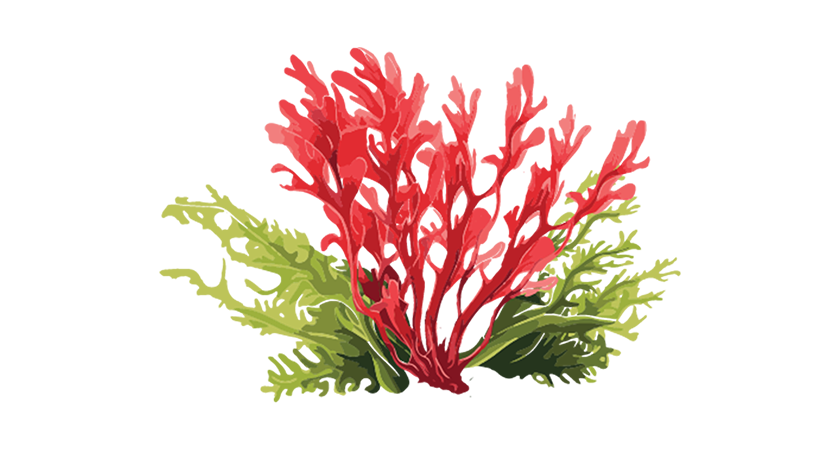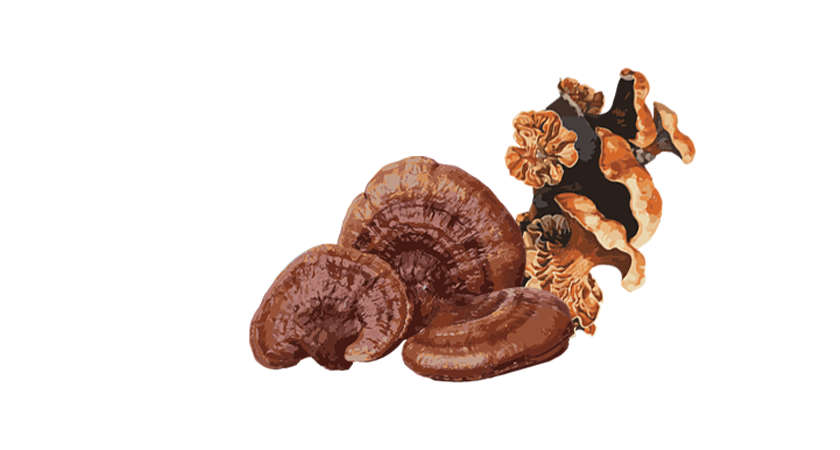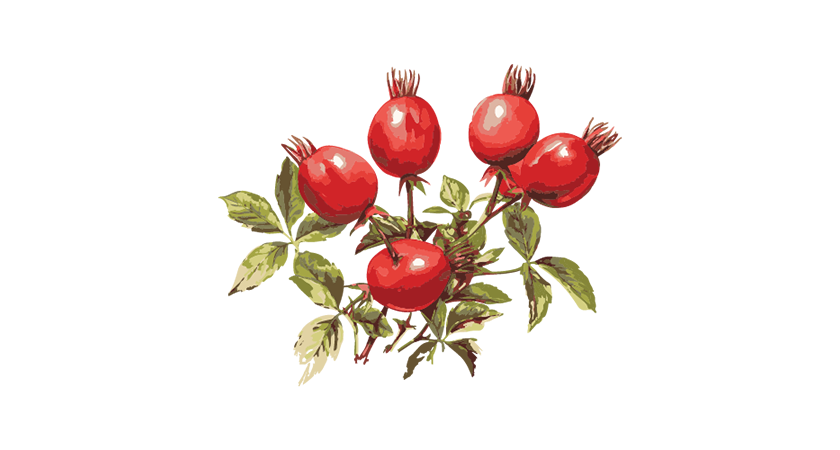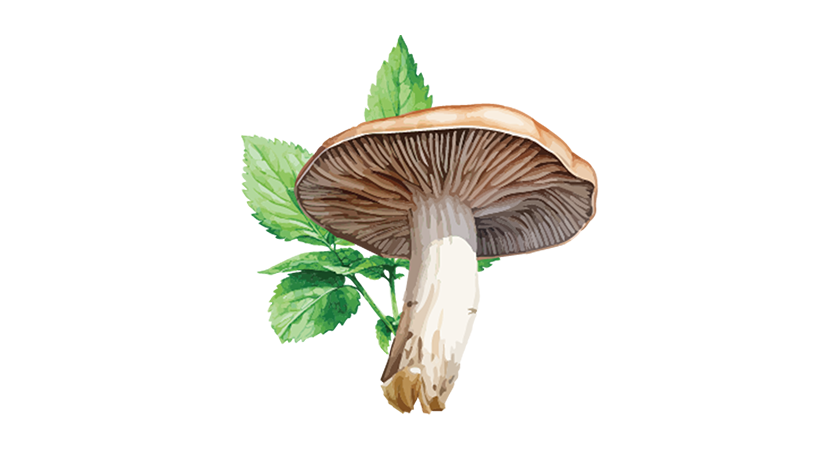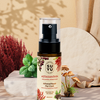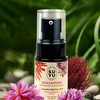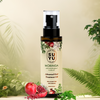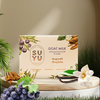Introduction
Goat Milk Soap is more than a pretty bar on the bathroom shelf. It is a gentle, nutrient-packed cleanser loved by people with all skin types—especially those who struggle with dryness, irritation, or sensitivity. From farmhouses in Europe to Ayurveda-inspired homes in India, this humble soap has made its way into daily routines for centuries. In the age of complicated skincare, Goat Milk Soap offers a back-to-basics approach that simply works.
Whether you are curious about a natural way to wash your face, or you are searching for an earth-friendly gift, Goat Milk Soap deserves a spot on your must-try list. Ready to see why? Let’s dive in.
What Makes Goat Milk Soap Special?
A Closer Look at Goat’s Milk
Goat’s milk is naturally rich in:
Healthy fats (short-chain and medium-chain fatty acids)
Vitamins A, B1, B6, B12, C, D, and E
Minerals such as calcium, potassium, and magnesium
Lactic acid for gentle exfoliation
Capric and caprylic acids that help lower the pH of soap
These building blocks give Goat Milk Soap its signature creamy lather and soothing feel.
How Soap Is Made—and Why Goat Milk Changes Everything
Traditional soap combines oils (or fats), water, and an alkali (usually sodium hydroxide). During saponification, these ingredients form soap and glycerin. When goat’s milk replaces plain water, the final bar:
Feels creamier and less stripping
Contains natural glycerin in higher amounts
Holds more skin-loving nutrients that survive the soap-making process
That is the simple science behind the magic.
A Journey Through Time: Goat Milk Soap in History
Historical records suggest that ancient Egyptians, famed for their beauty rituals, bathed in goat milk to soften skin. Over time, farm families in Europe crafted their own soap from nearby goat milk, passing the skill down through generations. In India, goat milk began to intersect with Ayurveda, blending local herbs such as manjistha for improved skin tone. The tradition remains alive today, proving that Goat Milk Soap is truly a timeless skincare treasure.
Unique Skin Benefits of Goat Milk Soap
Balanced pH for Everyday Comfort
Human skin has a slightly acidic pH of around 5.5. Many commercial soaps are far more alkaline, leaving skin tight or itchy. Thanks to fatty acids like capric acid, Goat Milk Soap is closer to the skin’s natural pH, helping maintain the acid mantle—your body’s thin protective layer.
Deep, Lasting Moisture
The cream in goat’s milk is full of triglycerides that soak into the skin’s outer layer. This helps trap water and prevents transepidermal loss. Regular use often means fewer dry patches, making Goat Milk Soap ideal for winter or air-conditioned environments.
A Natural Source of Vitamins and Minerals
Vitamins A (linked to cell turnover) and E (an antioxidant) top the list. Together with minerals, they support a glowing, even tone without the need for synthetic additives.
Gentle Exfoliation With Lactic Acid
Lactic acid belongs to the alpha-hydroxy-acid (AHA) family, loved by dermatologists for its mild exfoliating properties. In Goat Milk Soap, lactic acid:
Loosens dull surface cells
Encourages smoother texture
Brightens the overall appearance
Because it works while you cleanse, you often skip an extra exfoliating step.
Calming Relief for Sensitive and Problem Skin
Goat Milk Soap is frequently recommended for:
Eczema or psoriasis-prone skin
Rosacea and redness
Acne-prone areas that need a gentle cleanseIts natural fats and anti-inflammatory compounds reduce aggravation, unlike foaming surfactants found in many commercial washes.
Anti-Ageing Support, Naturally
Free radicals contribute to fine lines and wrinkles. The antioxidants present in vitamins A and E, along with selenium, help combat this oxidative stress, supporting youthful, resilient skin over time.
Goat Milk Soap and Ayurveda: The Power of Manjistha
At Suyu India, tradition meets science. Our Goat Milk Soap with Manjistha blends creamy goat milk with Rubia cordifolia (manjistha), an Ayurvedic herb prized for:
Improving complexion (varnya)
Purifying blood and lymph
Reducing the appearance of spots and blemishesTogether, goat milk and manjistha provide a one-two punch of hydration and clarity, perfect for anyone seeking bright, even skin without harsh ingredients.
Key takeaways:
Goat milk hydrates.
Manjistha clarifies.
The combination keeps routine simple yet effective.
How Goat Milk Soap Compares With Other Soaps
Feature
Commercial Detergent Bar
Plant-Based Glycerin Soap
Goat Milk Soap
pH Level
High (8–10)
Moderate (around 7)
Close to skin (5.5–6)
Moisture Retention
Often drying
Mild
Deep, long-lasting
Key Nutrients
Few, mostly synthetic
Some plant oils
Vitamins A, E, lactic acid, minerals
Lather Feel
Sudsy, squeaky
Light, sometimes thin
Creamy, cushiony
Suitable for Sensitive Skin
Rarely
Sometimes
Highly compatible
Choosing the Best Goat Milk Soap: A Simple Checklist
Real, fresh goat milk listed first or second in ingredients.
Cold process or traditional method to retain nutrients.
No added SLS/SLES, parabens, or artificial colors.
Skin-friendly additives like oatmeal, honey, or manjistha.
Transparent sourcing—look for brands that know their farmers or keep their own goats.
Eco-friendly packaging such as recycled cardboard or cloth wraps.
Tip: If you spot “Goat Milk Powder” low on the list, the bar may contain only trace amounts.
Why Suyu India Stands Out
Suyu India focuses on simple, honest formulations that make sense for Indian weather and skin tones.
Fresh, local milk: We source goat milk from small dairies within a short distance of our studio.
Ayurvedic synergy: Herbs like manjistha, neem, and tulsi are chosen not for trends, but for proven benefits.
Small batches: Each loaf is hand-poured, air-cured for six weeks, and cut by hand.
Plastic-free packaging: Boxes are made from recycled kraft paper printed with soy ink.
Community support: A part of every sale funds goat feed for our partner farms.
Curious to experience it yourself? Explore the range here: Suyu India Goat Milk Soap Collection.
Frequently Asked Questions
Q1. Can Goat Milk Soap replace my face wash?
Yes, many people use the same bar for face and body. It removes daily grime without stripping natural oils.
Q2. Is it safe for babies?
As long as the soap is free from strong essential oils, Goat Milk Soap is gentle enough for babies’ delicate skin. Always do a patch test first.
Q3. Will Goat Milk Soap clog pores?
The fats in goat milk are non-comedogenic. Properly formulated bars rinse clean and typically do not block pores.
Q4. How long does one bar last?
With a draining soap dish, an average 100-gram bar can last three to four weeks for full-body use.
Q5. Does it smell like goats?
No. Fresh goat milk has only a faint scent that disappears during saponification. Any aroma you notice will come from natural oils or herbs.
Everyday Tips for Using Goat Milk Soap
Keep it dry between uses: A slatted dish prevents mushiness and makes the bar last longer.
Pair with lukewarm water: Hot water can dry skin; lukewarm helps preserve moisture.
Lather in hands first: Then apply foam to the face; this keeps the bar sanitary.
Follow with a light moisturizer: While Goat Milk Soap adds hydration, sealing in that moisture with a simple oil or cream enhances benefits.
Travel hack: Slice a full bar into quarters; pack one piece at a time to save space.
Myth vs. Fact
Myth
Fact
Goat Milk Soap is only for people with skin problems.
Anyone can use it; it simply offers extra comfort.
It is expensive to make, so all bars cost a fortune.
Prices vary. Suyu India keeps costs fair by producing in-house and selling directly online.
Plant-based soaps are always vegan; goat milk makes soap “non-natural.”
Goat milk is a natural animal by-product. Many eco-friendly consumers accept it when sourced ethically.
The benefits are just marketing hype.
Studies (see PubMed) show lactic acid improves hydration and cell turnover, while vitamin A supports healthy skin barriers.
A Greener Choice: Environmental Benefits
Low-impact farming: Goats require less land and water than cows.
Biodegradable ingredients: The soap breaks down quickly, causing minimal aquatic pollution.
Reduced plastic: Solid bars skip the plastic bottles typical of liquid cleansers.
Local supply chains: When you buy from brands like Suyu India, you support shorter transport routes and smaller carbon footprints.
Conclusion: A Small Bar With a Big Impact
Goat Milk Soap brings together centuries of tradition, wholesome ingredients, and modern skin science. Its balanced pH, rich fatty acids, and naturally occurring lactic acid make it a dependable choice for dry, sensitive, or ageing skin. Add Ayurvedic herbs like manjistha, and the bar becomes a multi-tasking hero suitable for the Indian climate.
So the next time your skin cries out for gentle care, consider swapping that harsh detergent bar for a creamy square of Goat Milk Soap. Your skin, the planet, and local farmers will thank you.
Ready to feel the difference? Visit Suyu India or jump straight to the crowd-favourite Goat Milk Soap with Manjistha and treat yourself to a timeless skincare treasure today.








